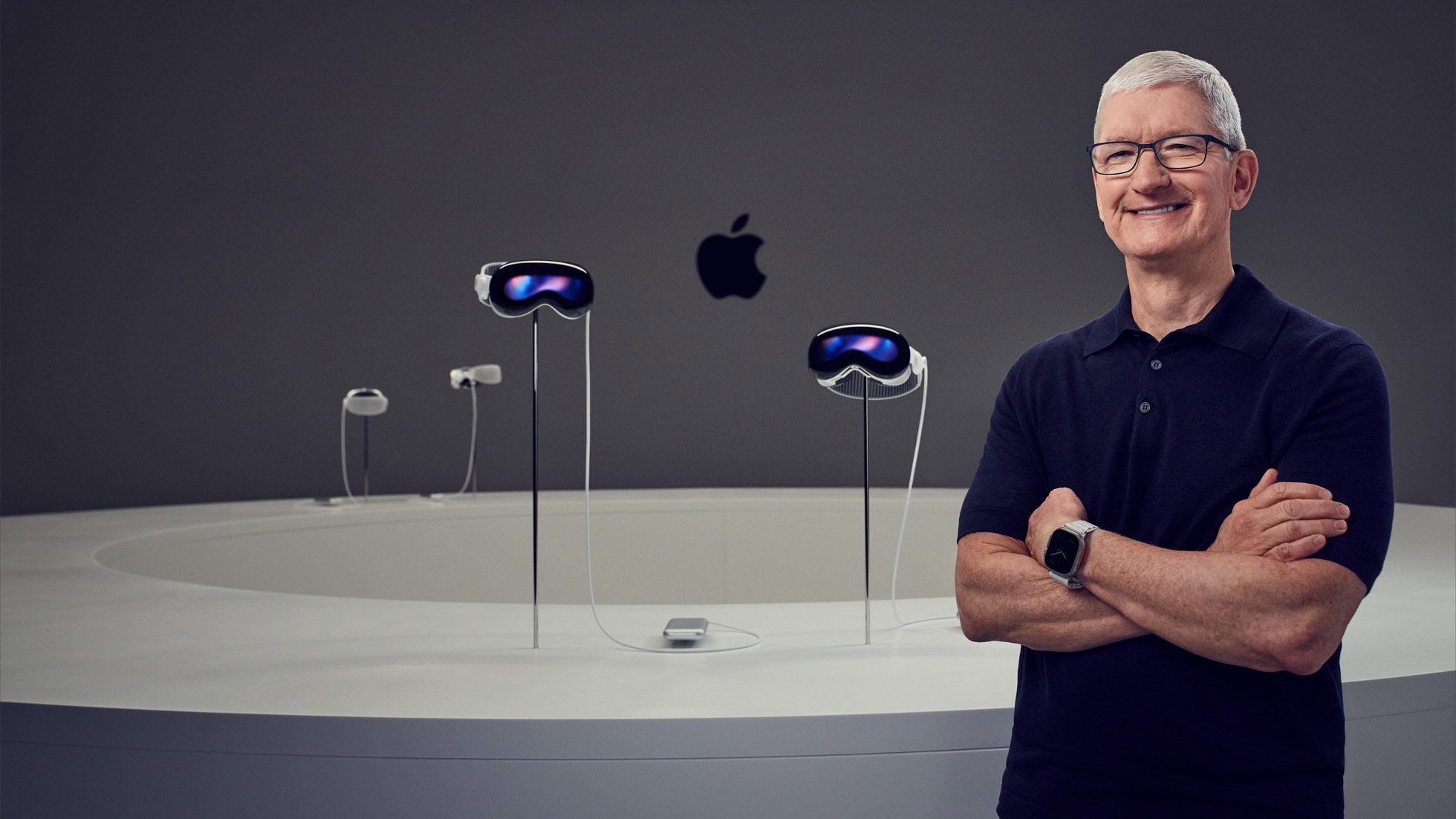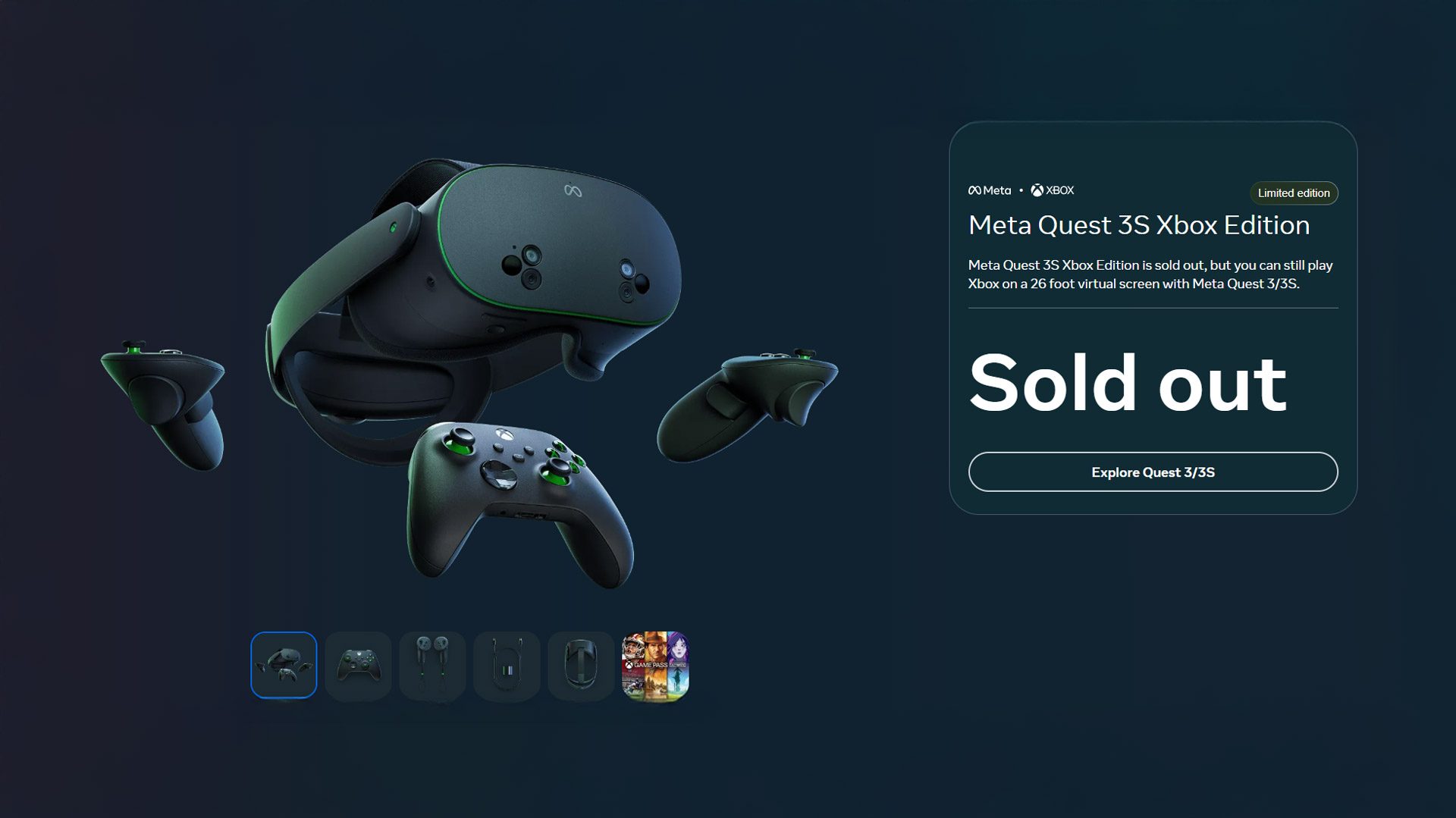Meta is taking a step forward in the virtual reality space by allowing preteens, under the watchful eye of their parents, to explore a variety of experiences on its VR platform, Horizon Worlds. Of course, this comes with a set of carefully thought-out restrictions.
Recently, the company shared that parents will soon have the option to approve age-suitable virtual worlds for their kids, aged 10 to 12. Options include socializing at The Space Station, diving into The Aquarium, or zooming through the Spy School racing game. Preteens can submit requests for specific worlds they’d like to visit, but parents also have the option to hand-pick these experiences for them.
New safety measures have been put in place by Meta to make their VR worlds safer for young users. A fresh rating system categorizes each VR world as suitable for ages 10+, 13+, or 18+, helping parents easily approve all 10+ rated content for their children. This effectively means that 18+ worlds won’t even appear on the preteens’ radar. Plus, there are no more follower suggestions, and by default, a preteen’s online presence is set to “offline,” unless a parent decides otherwise.
Moreover, the feature known as the “Personal Boundary” is always activated, ensuring avatars maintain a safe two-virtual-foot distance from others, keeping interactions respectful and comfortable.
This initiative builds on Meta’s earlier addition of allowing parents to approve each contact that their kids can chat with and invite into VR, enhancing safety. As an added layer of age verification, users of Meta Quest 2 or 3 headsets are now prompted to re-enter their birthdate before getting started.
Since June 2023, parent-managed accounts for preteens have been in the mix. However, in spite of these efforts, some parents remain skeptical of Meta’s ability to truly safeguard their children on these platforms, a skepticism fueled by past criticism.
Earlier in the year, Meta faced backlash after internal documents revealed the company was allegedly pushing its messaging platforms to minors, even amid troubling reports of inappropriate adult-child interactions. Furthermore, a lawsuit from 42 state attorneys general claims Meta designs its products to captivate young users, potentially harming their mental health.
These controversies cast a shadow over Meta’s latest measures as parents weigh the balance between innovation and safety in the digital realm.











![[FREE Game] Ruffy and the Riverside Giveaway for PlayStation 5 (NA) [FREE Game] Ruffy and the Riverside Giveaway for PlayStation 5 (NA)](https://www.xgamernews.com/wp-content/uploads/2025/06/PlayStation-5-Ruffy-and-the-Riverside-A-Comprehensive-Review-360x180.jpg)
































